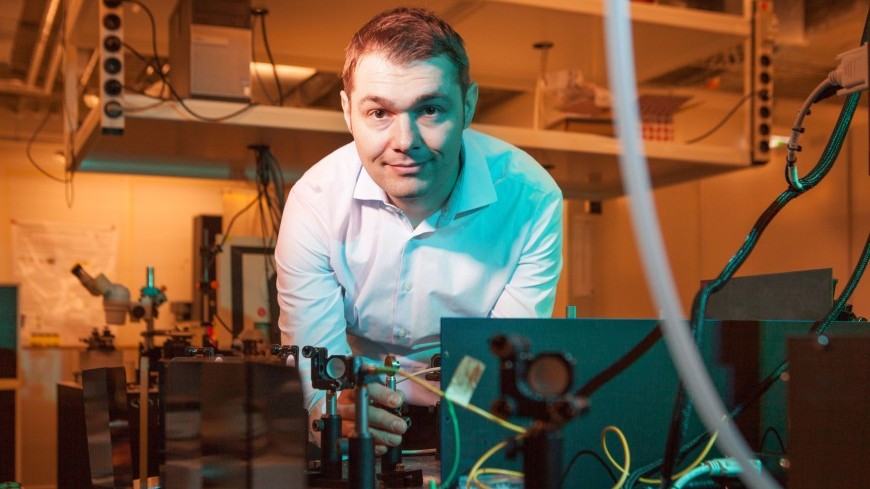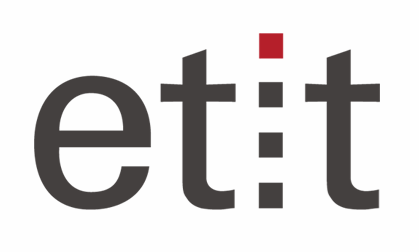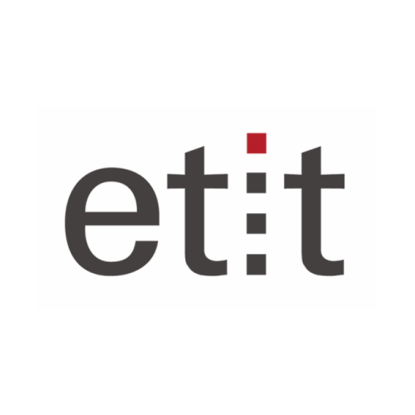Future technology: Innovation for terahertz analysis
EU Research Council funds project by etit-Professor Sascha Preu with 150,000 euros
2022/02/07 by Silke Paradowski
etit- Professor Sascha Preu is awarded a “Proof of Concept” grant of 150,000 euros by the European Research Council (ERC). This will fund his “PhoSTer THz” project, which focuses on the development of systems for the spectral analysis of powerful terahertz sources. One of the important uses of the latter will be for applications in 6G mobile networks.

Many European countries are lagging behind other highly developed nations in terms of internet availability and digitalisation. Catching up here requires the availability of large-scale 5G networks, whose hardware is essentially based on microwave technology. However, it is already foreseeable that 5G will not be able to satisfy the appetite for data in the long term. 6G technologies, which are expected to be developed in the next ten years, target frequency ranges beyond microwaves, in particular the terahertz range, which is between microwaves and infrared waves.
However, there is a lack of powerful and compact sources to tap into this area. The PhoSTer THz (Photonic Spectrum Analyzer for the Terahertz Spectral Domain) project is concerned with the development of low-cost photonic systems that will facilitate and accelerate the development of such terahertz sources. PhoSTer THz is led by Sascha Preu, Professor of Terahertz Devices and Systems at the Department of Electrical Engineering and Information Technology at the Technical University of Darmstadt. The research builds on Preu's ERC Starting Grant “Pho-T-Lyze”, for which he received funding of 1.5 million euros in 2017.
Development of a photonic spectrum analyser
Developing terahertz sources and adapting them to the respective application requires sophisticated characterisation capabilities, for example to analyse the emitted spectrum of the sources and thereby detect design errors and signal perturbations. As part of the PhoSTer THz project, a device for this purpose, a photonic spectrum analyser, is to be developed to market maturity.
The concept is based on technology developed in the ERC Starting Grant Pho-T-Lyze. It represents a cost-effective alternative to classic electronic spectrum analysers, which currently dominate this market. Penetrating the mid-terahertz range, which is particularly attractive for 6G applications, requires electronic systems to have a microwave source and several frequency extenders, which can be very expensive. Due to the high costs, only a few research institutions and companies have spectrum analysers for the mid-terahertz range. This significantly complicates the development of terahertz sources and components.
In the photonic spectrum analyser being developed by Preu and his team, both the electronic signal source and the frequency extender are replaced by a system based on lasers and photoconductive mixers. This reduces the system costs to a fraction. This cost-effective yet powerful technology is expected to accelerate the overall development of terahertz devices. Other applications of terahertz waves also benefit from this, such as spectroscopy and trace gas analysis or non-destructive testing. Terahertz waves are particularly interesting for the latter, as they can penetrate many optically opaque materials and, in contrast to X-rays, are non-ionising, which means that they are harmless and not hazardous to health at the power levels available.
Industry analysts such as the company IndustryARC are forecasting annual growth of 28 percent for the terahertz sector over the next few years – a promising future in which PhoSTer THz wants to play a part.
Proof of Concept Grant
A Proof of Concept grant is complements funding of the European Research Council's (ERC) research grants. It is aimed exclusively at researchers who already hold an ERC grant and would like to pre-commercialise a research result from their current or already completed project. This is the first step towards technology transfer. The aim of a proof-of-concept project should be to test the market potential of such an idea. The ERC therefore does not fund research activities with this type of grant, but measures for further development in terms of application maturity, commercialisation or marketing of the idea. In the latest funding round, 166 proposals from 21 countries were awarded an ERC Proof of Concept Grant. 348 project proposals had been submitted. The grants are part of the EU's Horizon Europe research and innovation programme.
About Professor Sascha Preu
Sascha Preu joined TU Darmstadt as a junior professor in 2014 as part of the “LOEWE-Sensors Towards Terahertz” Priority Programme and has been a full professor in the Department of Electrical Engineering and Information Technology since 2018. He completed his doctorate in 2009 at the Max Planck Institute for the Science of Light in cooperation with the University of Erlangen-Nuremberg, was a Feodor Lynen Fellow of the Alexander von Humboldt Foundation from 2010 to 2011 and a postdoctoral researcher at the University of California, Santa Barbara, USA. Afterwards, he conducted research as a postdoctoral researcher at the Chair of Applied Physics at the University of Erlangen-Nuremberg until he was appointed to the Technical University of Darmstadt. Preu counts research institutions in the USA, China, the Netherlands, India and Spain among his cooperation partners.



